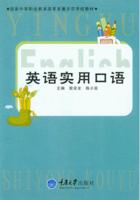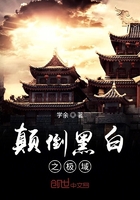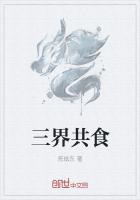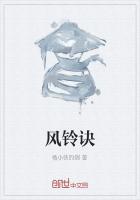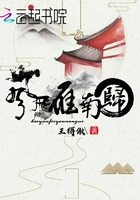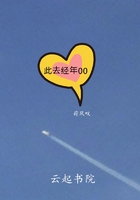Rush
Guidance for Reciting
Time is the rider that breaks youth. Don't waste your precious time,for youth,once spent,will never come again.
Swallows may have gone,but there is a time of return;willow trees may have died back,but there is a time of re-greening;peach blossoms may have fallen,but they will bloom again. Now,you the wise,tell me,why should our days leave us,never to return?―If they had been stolen by someone,who could it be?Where could he hide them?If they had made the escape themselves,then where could they stay at the moment?
Notes
1.swallow [5swRlEu] n. 燕子
2.willow [5wilEu] n. 柳树
3.peach [pi:tF] n. 桃子
匆匆
诵读导言
时间是驯服青春的骑手。光阴勿虚度,青春不再来。
燕子去了,有再来的时候;杨柳枯了,有再青的时候;桃花谢了,有再开的时候。但是,聪明的你,告诉我,我们的日子为什么一去不复返呢?――是有人偷了他们吧,那是谁?又藏在何处呢?是他们自己逃走了,现在又到了哪里呢?
注:本段为节选,欲寻全文,请登陆http://www.fanlong.net/Yingyu/1190.html。诗人几笔勾勒一个淡淡的画面,不在于描绘春景的实感,而在于把读者带入画面,接受情绪的感染,同时又作形象的暗示:这画面里现出的大自然的荣枯,是时间飞逝的痕迹,由此诗人追寻自己日子的行踪。可是“我”的日子却“一去不复返”,看不见,摸不着,是被人“偷了”还是“逃走”了呢?自然的新陈代谢的迹象和自己无形的日子相对照,在一连串疑问句中透出诗人怅然若失的情绪……“聪明的你,告诉我,我们的日子为什么一去不复返呢?”

